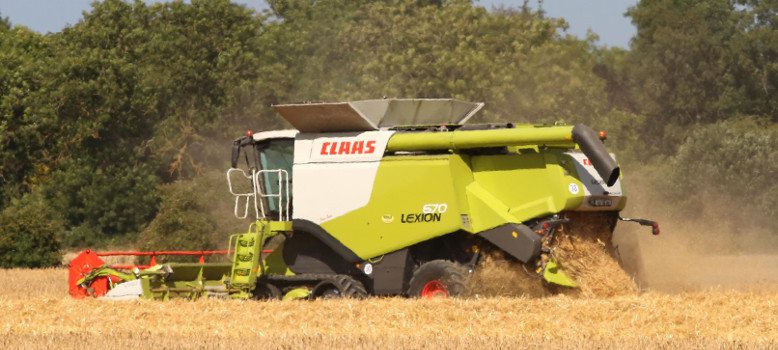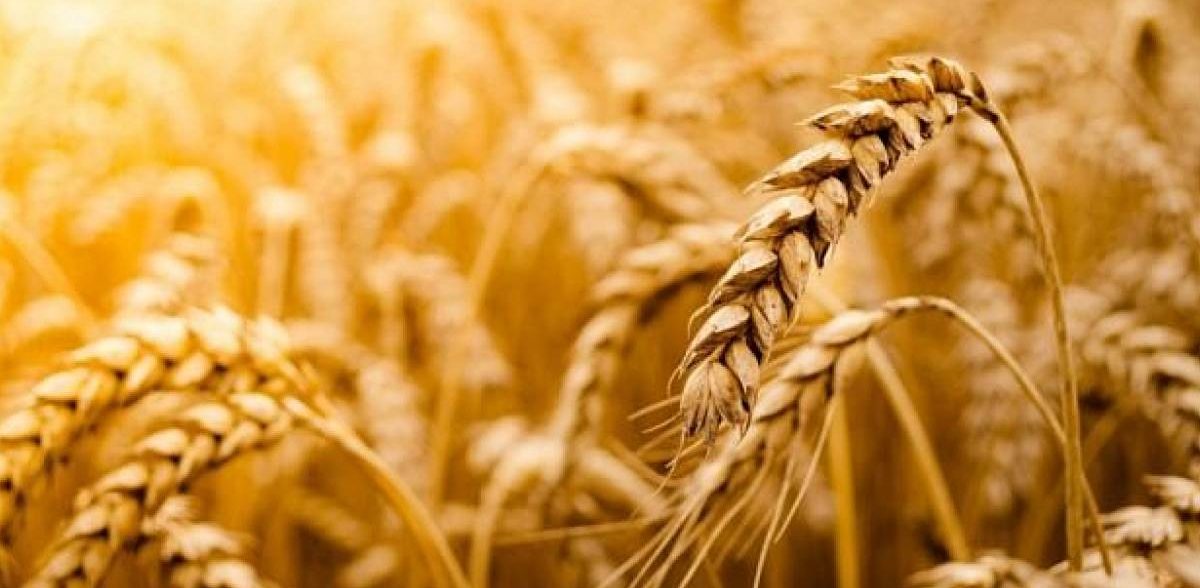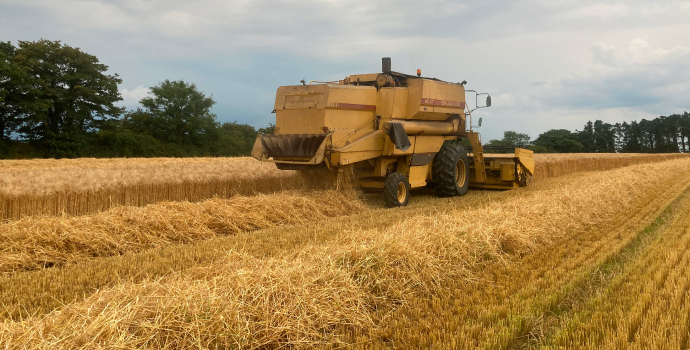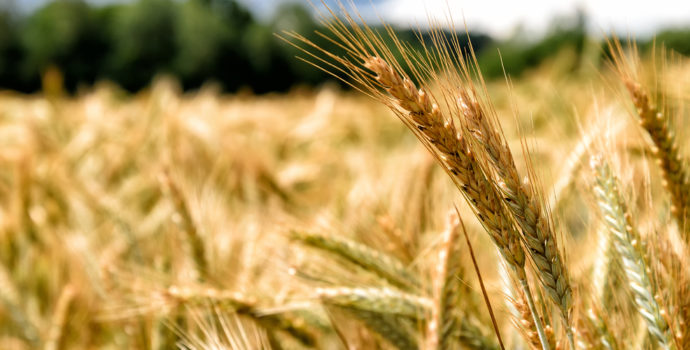Risk of Less Grain This Year Without Real Ministerial Action

Ahead of the first meeting of the Fodder and Food Security Committee today, IFA National Grain Committee Chairman Kieran McEvoy said Minister McConalogue has to take urgent action to support tillage farmers.
“While the Minister has been talking about the need to grow more grain, it’s more likely we will have less grain due to rocketing input prices,” he said.
“The Minister needs to act now to support tillage farmers who are the people with the experience, expertise and equipment to grow more crops,” he said.
Agricultural diesel prices have skyrocketed since the conflict in Ukraine began. At current prices, it will cost an extra €100 a hectare in diesel alone to produce grain.
“Farmers need more cuts in excise duty and in the carbon tax. It’s critical that sufficient agri-diesel supplies are available during the key spring and summer months when planting and harvesting of crops takes place,” he said.
In addition to fuel availability, there are very real concerns about the availability of fertiliser later in the spring. It’s vital that an inventory of fertiliser supplies is undertaken immediately by Department of Agriculture.
“The tillage sector is in a position to supply more grain and feedstuffs for the livestock sector this year and into the future to help offset some of shortages anticipated in supply chains following the war in Ukraine,” he stated.
As it stands, only 7.5% of the Irish agricultural area is devoted to crop production. It’s critically important that any further decline is halted and future policy decisions must aim to restore the cropped area to at least 11% of the agricultural land area.
“There is a massive opportunity to strengthen Irish food security for both animal and human consumption. The restoration of an Irish flour milling industry also has to be a priority,” he said.
The availability of organic manures to the tillage sector must also be prioritised to reduce the dependence on imported fertilisers.
“We are calling on the Minister for Agriculture to provide a funding scheme for the building of slurry and manure storage infrastructure on tillage farms. Schemes such as the straw incorporation scheme are also essential this year to replenish soils with organic matter and reduce the reliance on imported phosphate and potash fertilisers.”
Finally, steps must be taken to ensure specialist tillage farmers can access extra land to grow extra native grain supplies.
“Where applicable farmers must be incentivised financially to grow grain, forage or other feedstuffs should they wish to do. Other simple steps to promote grain production include the removal of the three-crop rule requirement.”
Kieran McEvoy said collaboration between tillage farmers and other farming sectors should be promoted, but on a voluntary basis only.



